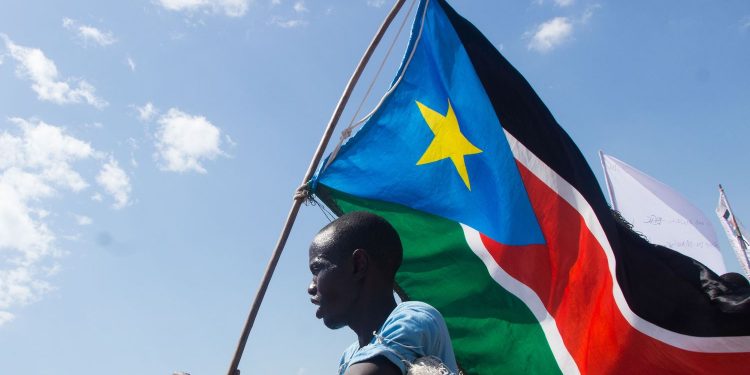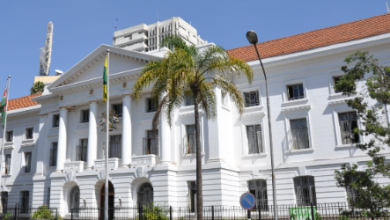South Sudan Halts Spending as FY Ends, Budget Delayed

The Ministry of Finance and Planning in South Sudan is yet to present its 2024/2025 budget in parliament and has halted government agencies from making any payments supposed to have been sorted out in the elapsed financial year.
In a public notice signed by the country’s Undersecretary for Finance, Malual Tap Dieu, the ministry cited that the 2023/2024 Financial Year officially ended on June 30th and the suspension of government spending. Many civil servants in the country have been unpaid for months, as far as November last year, and the announcement by the ministry is likely to compound their challenges. New claims for payment would only be considered and sorted out once the country drafts a financial budget that will then need to be approved by the Transitional National Legislative Assembly. “As you are well aware, the Fiscal Year 2023-2024 officially ends on June 30, 2024. Therefore, the Ministry of Finance and Planning hereby informs all spending agencies and the general public that all payments will be suspended until further notice,” the notice stated.
Why it MattersAs is tradition, all member states of the East African Community (EAC) are supposed to present their budgets on the same day. However, weeks after all other member states presented theirs on June 13th, South Sudan has delayed its budget as it grapples with an intense economic crisis worsened by the ongoing conflict in neighbouring Sudan.
On Thursday last week, South Sudanese Finance Minister Awow Daniel Chuang presented a preliminary draft of the budget. The country will probably finance a SSP 2.4 Trillion budget unless any further considerations are made. With revenue projections sitting at SSP 1.7 Trillion, the ailing nation expects a deficit of more than SSP 700 Billion. If these figures are ratified, it would be a 14% increase from last year’s budget.
The conflict in Sudan, which is still the main route for the landlocked country’s crude oil, has complicated the country’s ability to supply crude oil, which is its major export and source of revenue. It has resulted in several stoppages on the route, through which Juba normally supplies 150,000 barrels per day through Port Sudan. After South Sudan seceded in 2011, it made a deal with Khartoum to keep the oil flowing through the latter’s territory and pay a transit fee.
A February breakdown of a major pipeline transporting 60% of its crude oil had immediate effects, and the prices of other basic commodities have skyrocketed. The situation has worsened as the country’s currency continues plummeting against the dollar. According to Trading Economics, consumer prices rose by 22.5% Year-On-Year in March this year bringing the food inflation rate to 186%.
Juba is hoping for progress in the Sudan peace process, which still seems far off as Khartoum and the Rapid Support Forces (RSF) continue to escalate clashes and blame each other for destroying the crucial pipelines. It’ll also be hoping for better oil prices this year and market stability to restore soundness to its economy.
ADVERTISEMENT



